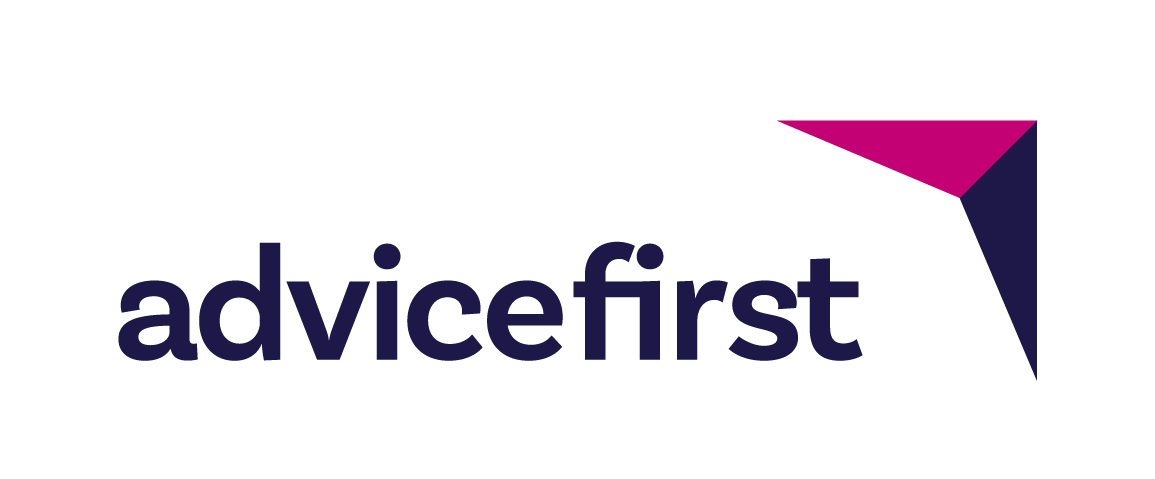A big part of building a better financial future is protecting it. With scams on the rise across social media, now is a good time to sharpen your awareness and know how to spot the warning signs.
The Financial Markets Authority (FMA) has issued an urgent warning about a surge in sophisticated investment scams that use fake profiles and AI-generated “deepfake” videos to lure people in. These scams are becoming harder to spot, so in this article we touch on how you can spot a scam and what to do if you have been targeted.
What’s been happening recently?
Scammers are creating fake social media pages that impersonate well-known New Zealanders – not just celebrities and politicians, but also business leaders and financial commentators.
Our own enable.me Performance Coach, Nadine Higgins, is one of the many advisers that have been impersonated, using old photos from her social media repurposed to create an account that looked almost identical to her real one. These fake pages may also feature videos that appear genuine but are artificially generated.
How the scam works
A convincing ad appears on social media, often featuring a familiar face.
The ad promotes “free investment advice” or invites you to join a WhatsApp group.
From there, victims are encouraged to invest through fake online platforms – ultimately losing money.
Why it’s concerning
Deepfake technology makes these scams look realistic, even to cautious investors. The FMA warns that fraudsters use the same playbook worldwide, swapping in the names and faces of local public figures to build false credibility.
How to protect yourself
The first rule of thumb: if it sounds too good to be true, it probably is.
Financial advisers, educators, and commentators may share free tips to help you be smarter with money, but personalised investment advice doesn’t happen through social media ads or WhatsApp groups. Genuine advice happens in a controlled setting, such as a meeting or video meeting.
If you’re unsure, trust your instincts and verify directly by visiting the adviser’s website or contacting them through official channels.
If you come across an investment ad on social media featuring a well-known personality, here’s what you can do:
- Don’t click on any links
- Don’t provide personal details or download apps
- Don’t transfer money
- Report the ad to the social media platform
- Check the FMA’s warnings page and, if needed, report the scam to them at www.fma.govt.nz or by email at questions@fma.govt.nz
Final thoughts
Investment opportunities promoted through social media are highly unlikely to be legitimate. Always pause, double-check the source, and seek professional financial advice from a trusted source (such as a verified business website) before committing money.
At AdviceFirst, we’re here to help you make safe, informed choices about your financial future. We have commercial partnerships with enable.me financial coaching, moneyfit.me, and AMP. Working as a group of companies, we have the financial expertise to support you holistically with your finances, from insurance through to money habits to KiwiSaver.
If you’re ever unsure about an investment you’ve seen online, get in touch – we’d rather help you identify a red flag early than see you caught in a scam.




